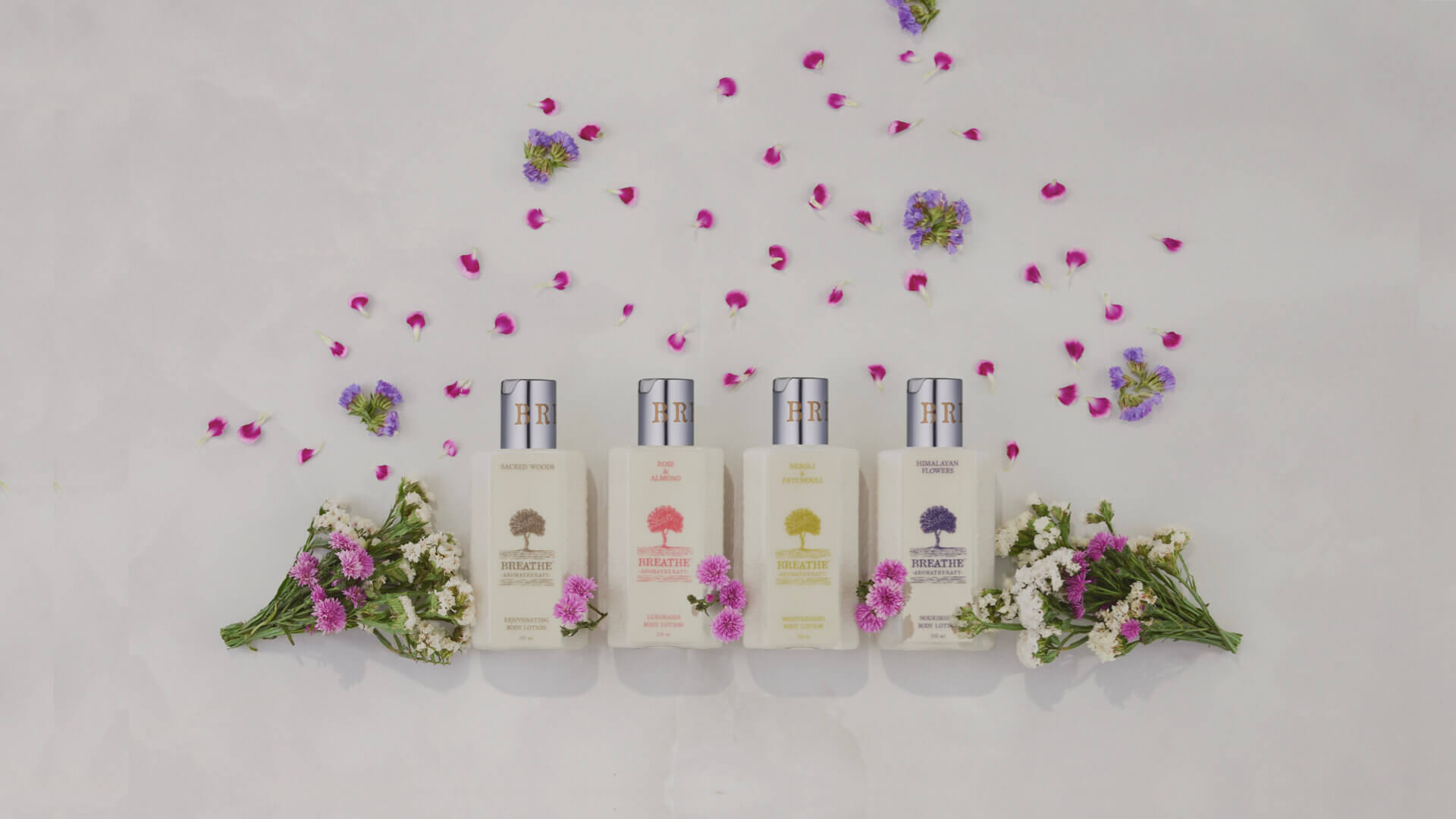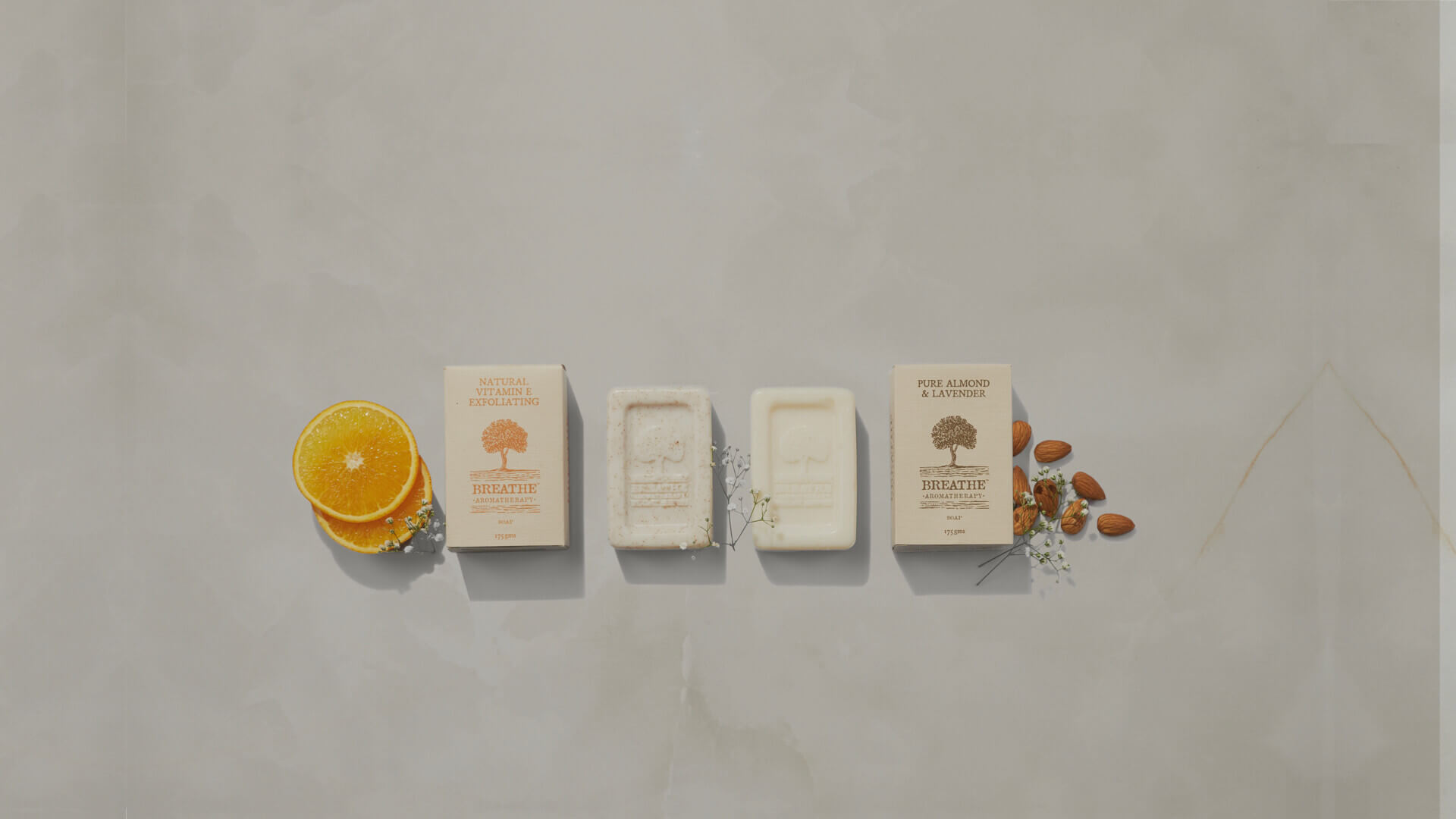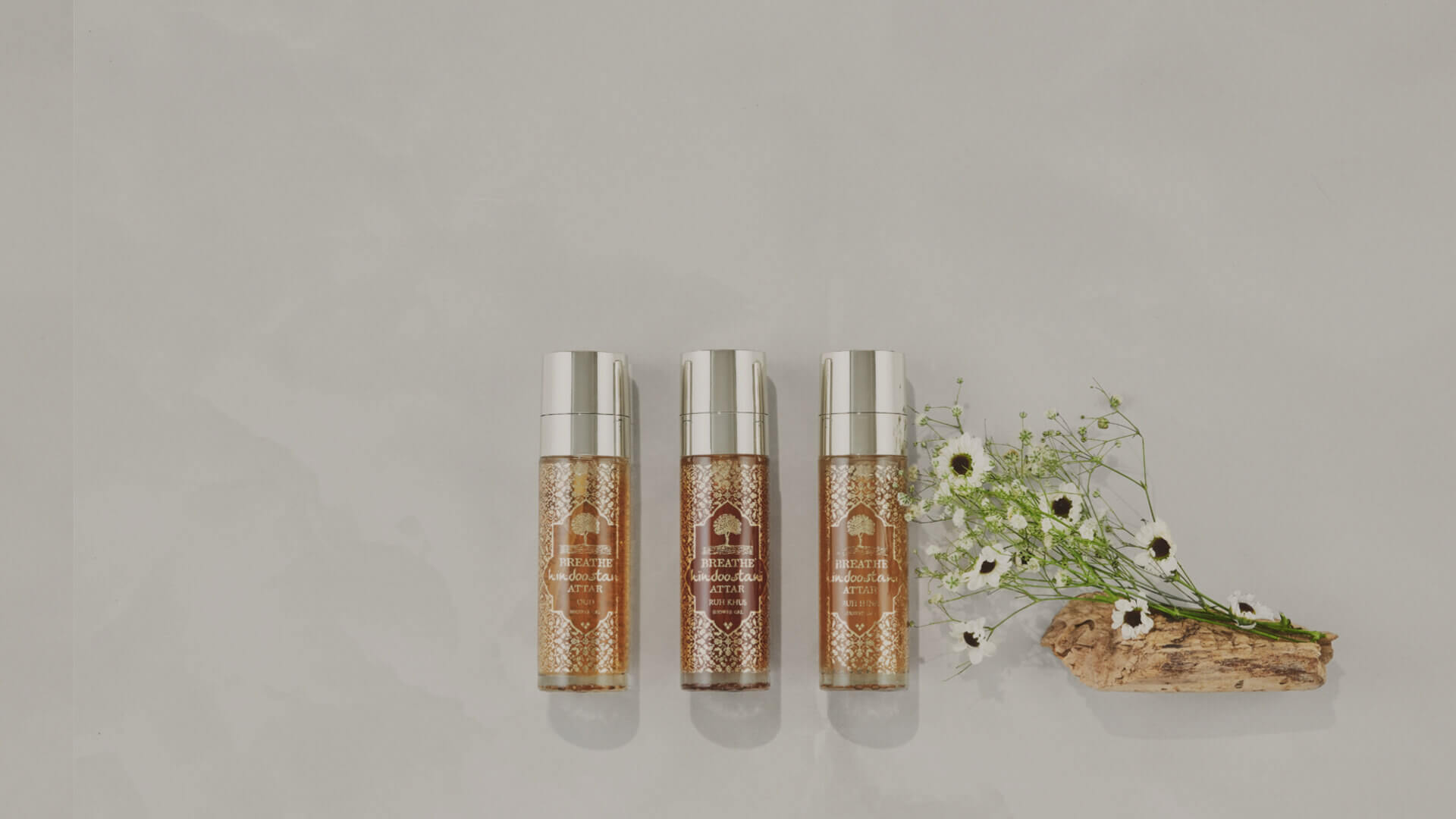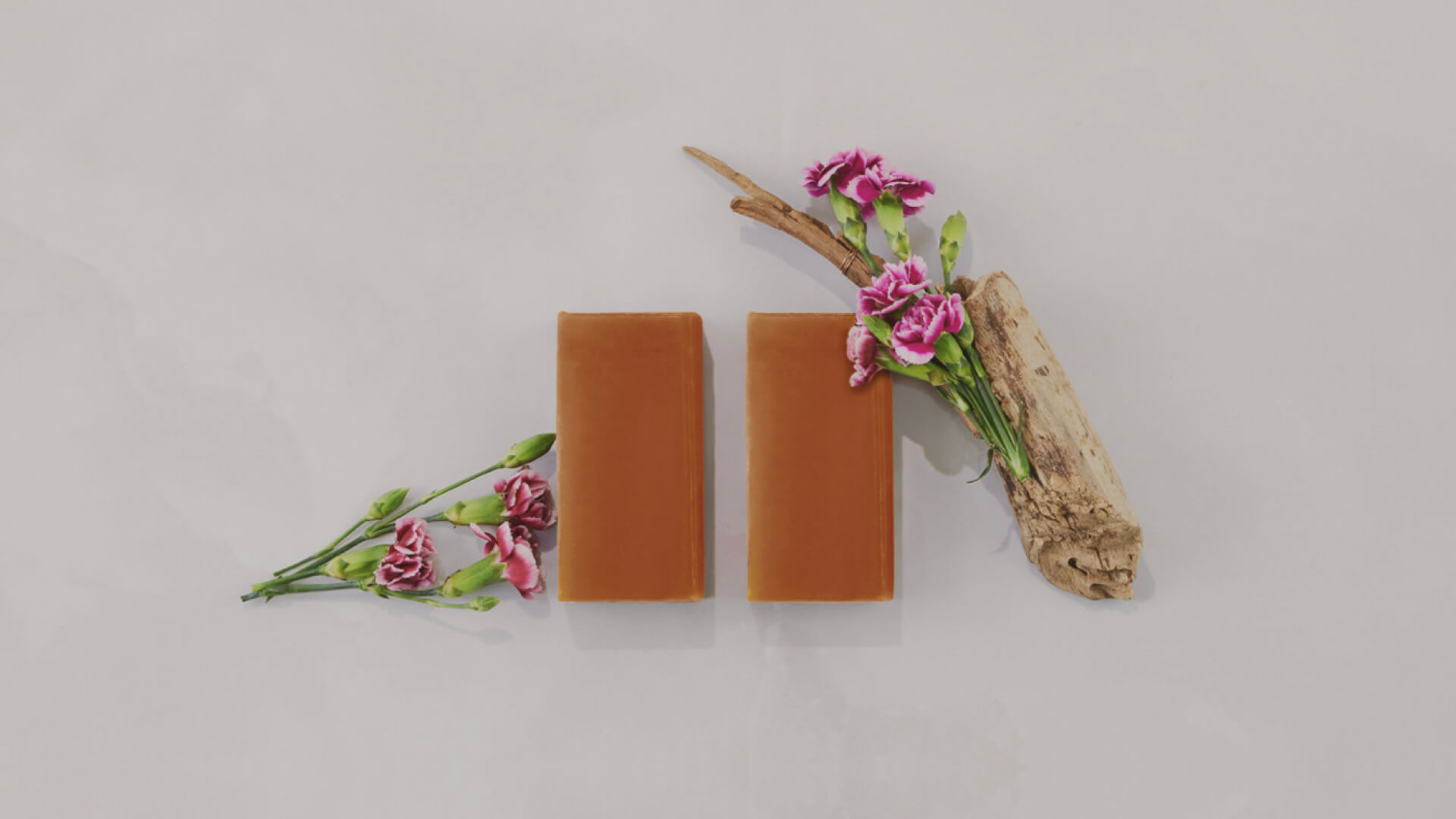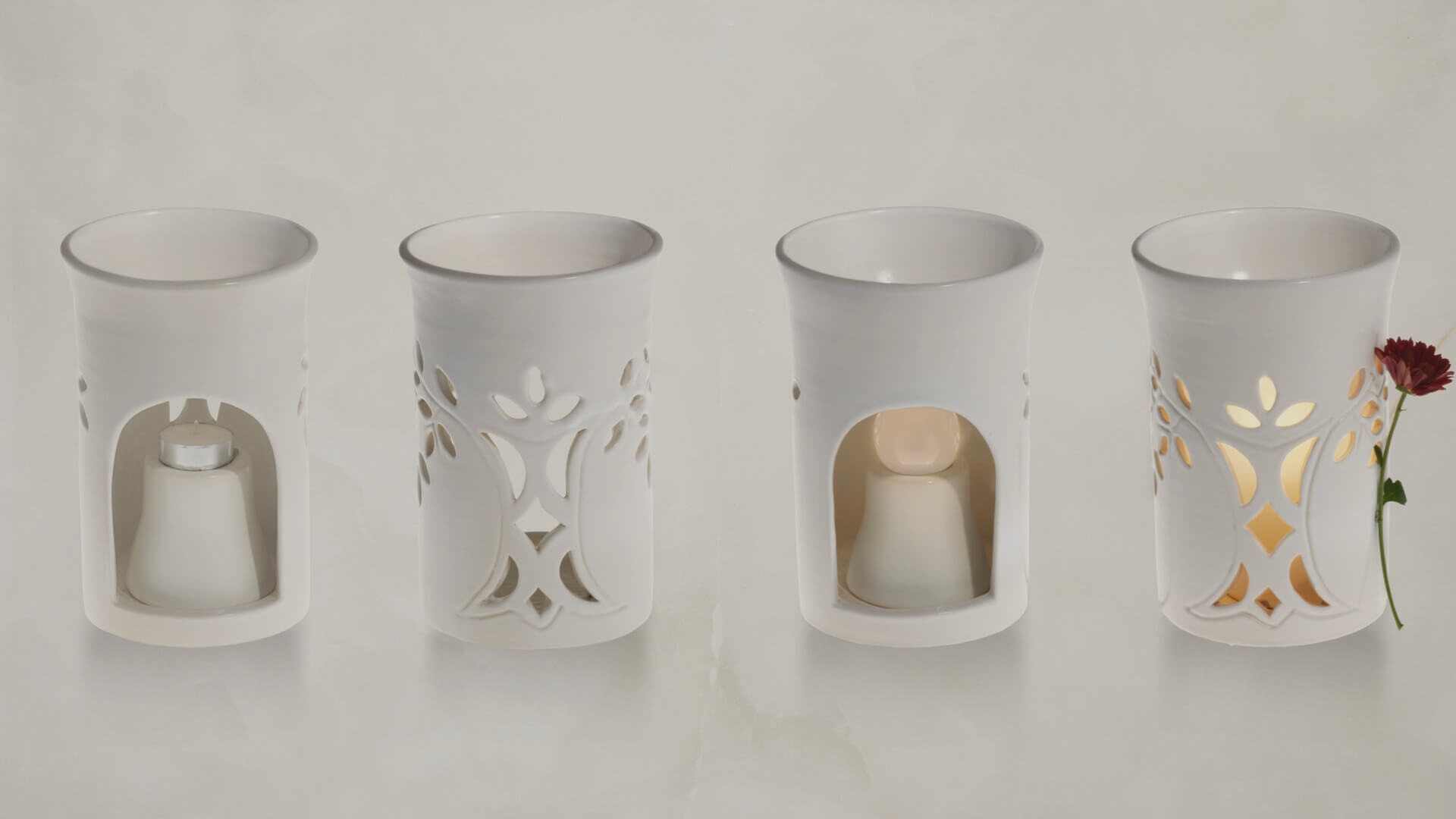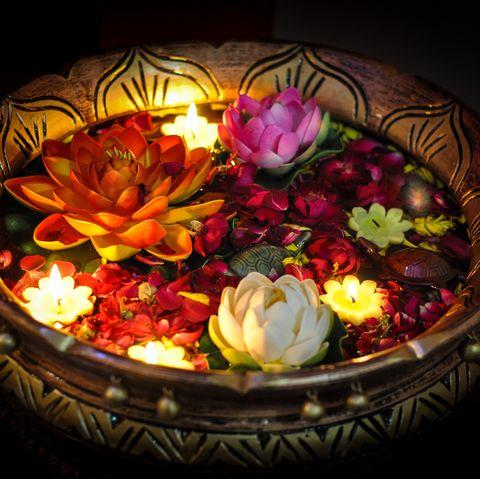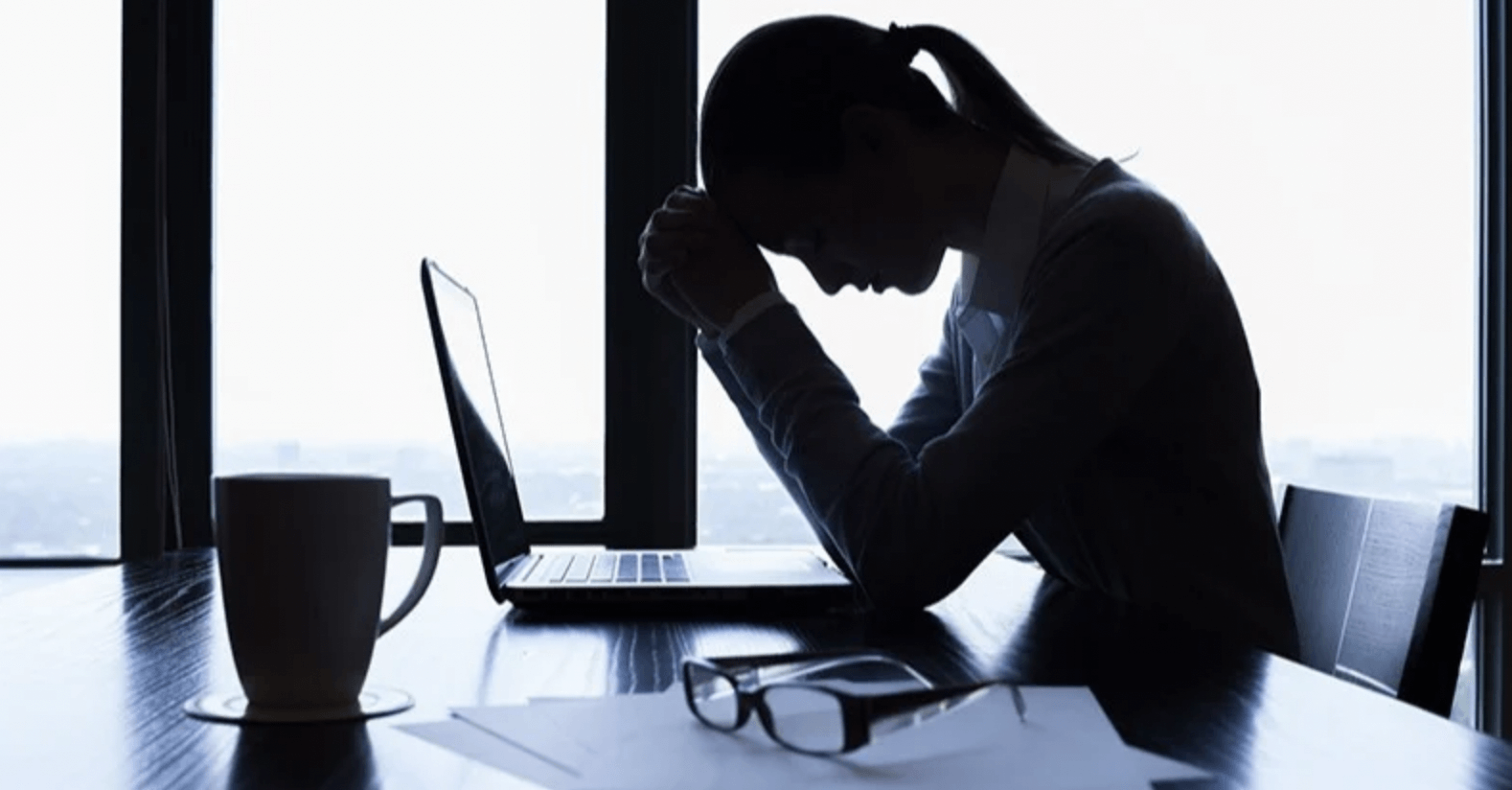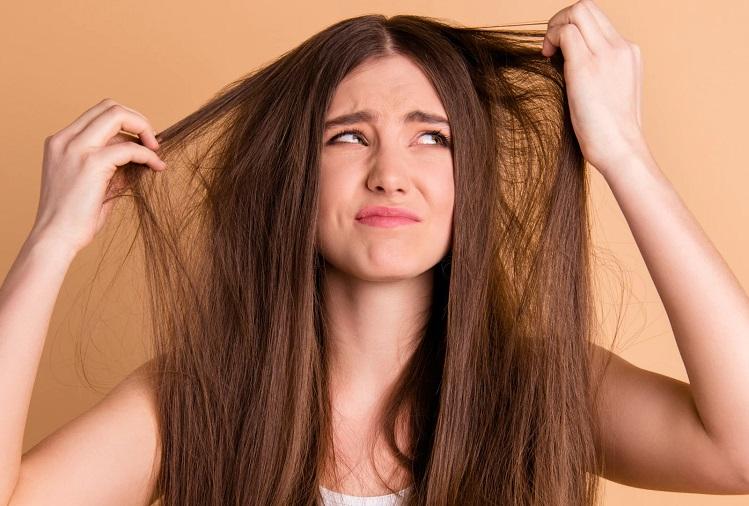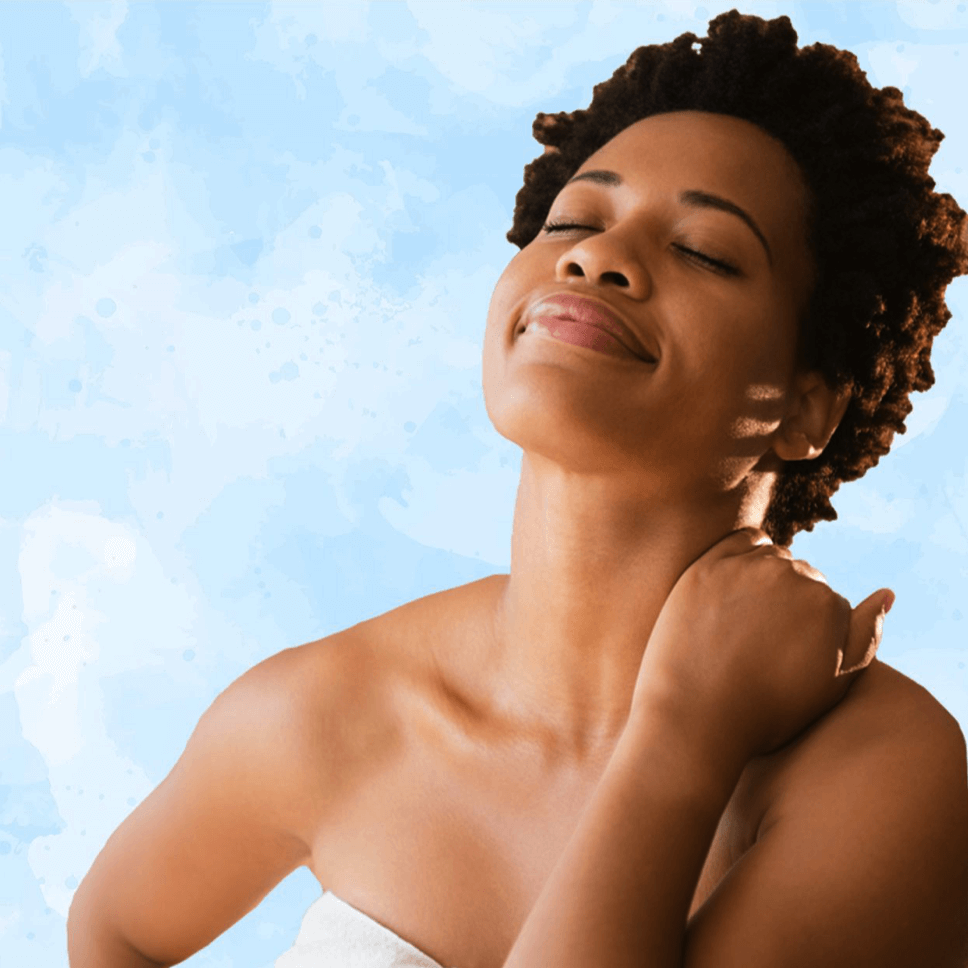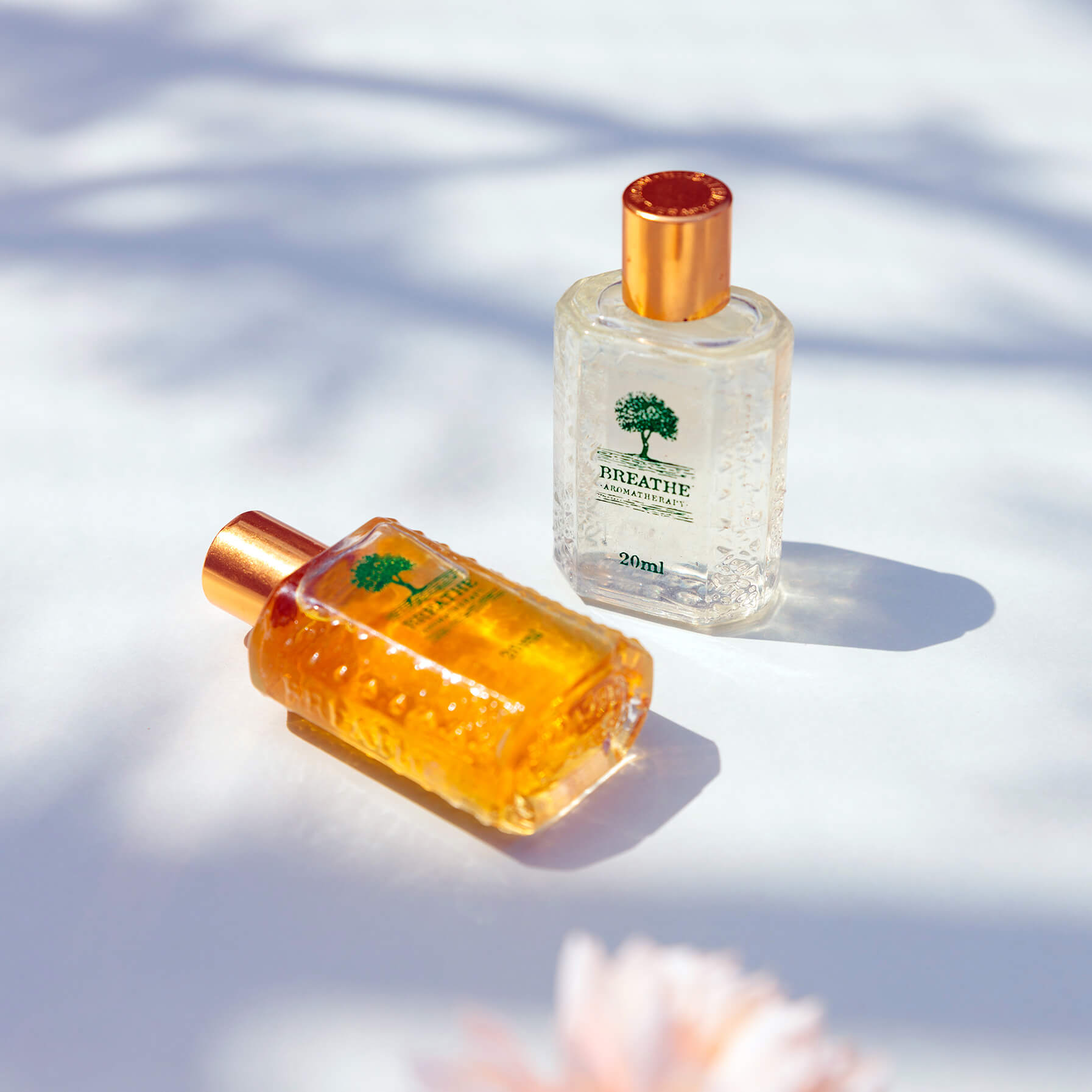
Aromatherapy Essentials - A quick guide to using pure essential oils in Aromatherapy
- Deepa Narayan
 12th July, 2022
12th July, 2022
As you begin to dive deeper into the world of aromatherapy products, here are a few tips on getting the most out of your pure essential oils.
As you begin to dive deeper into the world of aromatherapy products, here are a few tips on getting the most out of your pure essential oils.
To start, let's explore what essential oils are. Simply put, Pure essential oils are concentrated plant oils. Given their concentrated nature, they must always be blended with base oils such as vegetable oils before direct skin application. This protects the skin and maximises the impact of our oil blend.
Typically, Pure essential oils can be used in a few different ways –
- Massage: Whether you are looking to relieve a physical symptom, relax your body or help to improve and get glowing skin, pure essential oils carry nurturing qualities and can be a valuable addition to your self-care routine. Blend 1-3% of your aromatherapy essential oils in a suitable base oil (such as Virgin Coconut oil for the skin or extra virgin olive oil for hair massage) before use, i.e. in 100ml of base oil the maximum essential oil you can use is 3ml, before application on the skin. Massage the oil all over your body or affected areas, or use it as a moisturiser after a shower. Use a body massage oil for glowing skin.
- Bath: Next up, pure essential oils are great to add to your bath water (use the same 1-3% ratio and blend with a base oil before use). Warm water activates the oils and helps with relaxation and better absorption by the skin.
- Inhalation: While we should never directly ingest essential oils, they can be used in therapeutic inhalation to relieve common ailments like congestion, migraines, headaches, constipation and other digestive issues. Add 3-4 drops of pure essential oil to a burner, or your steam water and allow the scent to permeate your senses. Some common and effective oils include Eucalyptus oil for congestion, Peppermint oil for migraines or digestive issues, and Orange oil for constipation.
- Compress: Add a few drops of the required essential oil to the hot or cold compress to effectively treat local complaints like muscular aches and pains, arthritis, skin infections, headaches etc.
Finally, while essential oils can be potent healers, they must also be used with care due to their natural strength. Below are a few tips to make sure you are using essential oils safely:
- Always do a patch test before using new oil. Apply the diluted oil to a small patch of skin on the inner wrist and wait for an hour or two to check if any irritation or redness develops. Discontinue use immediately if any allergic reaction is seen.
- Always store in a glass bottle in a cool, dark place. Keep essential oils away from sunlight and never store them in plastic since the material will not be able to hold the oil effectively.
- Always blend your essential oil with a base oil. They can never be used directly on the skin or mixed with baby oil. If your skin accidentally comes in contact with a pure essential oil run the area under cold water to ensure it washes off.
- Never consume essential oils orally, they are only meant for external application.
- Never apply essential oils near or around your eyes.
- Do not use essential oils if pregnant, nursing, on children younger than 12 years old, if you have epilepsy or high blood pressure, without professional supervision.



